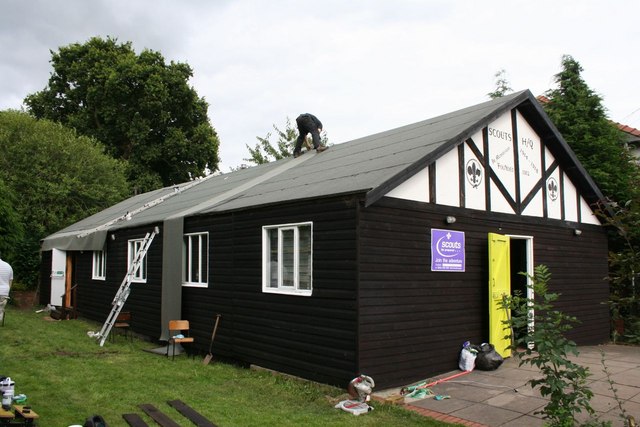
When it comes to commercial and industrial buildings, preserving their structural integrity is a top priority. One of the most effective ways to achieve this is through industrial-grade commercial waterproofing. This comprehensive guide explores the critical importance of waterproofing in the commercial and industrial sectors, advanced waterproofing solutions, the benefits of professional services, and the key stages in the industrial waterproofing process. Find more information to discover how industrial-grade waterproofing can safeguard your investments, meet industry standards, and protect valuable assets.
The Vital Importance of Industrial-Grade Waterproofing
1. The Costly Consequences of Water Intrusion
Water intrusion can have devastating consequences for commercial and industrial structures. It can seep into walls, foundations, and roofs, leading to structural deterioration, mold growth, and compromised indoor environments. Beyond these immediate concerns, water damage can result in substantial financial losses, including the cost of repairs, downtime, and reduced property value. Industrial-grade waterproofing is a proactive approach to avoid these costly repercussions.
2. Meeting Stringent Industry Standards
Many industries have stringent regulations and standards in place to ensure the safety and quality of their products or services. Compliance with these standards is not optional—it’s mandatory. Failure to meet these requirements can have legal and financial consequences. Industrial waterproofing plays a crucial role in meeting these standards, as it helps prevent water-related issues that could lead to non-compliance.
3. Safeguarding Expensive Equipment and Inventory
In industrial settings, expensive equipment and valuable inventory are at risk of water damage. Whether it’s manufacturing equipment, electronics, or sensitive materials, exposure to water can result in significant financial losses and operational disruptions. Industrial-grade waterproofing protects these assets, ensuring the continued efficiency of operations and the integrity of valuable inventory.
Advanced Solutions in Industrial Waterproofing
1. Liquid Applied Membrane (LAM) Systems
Liquid Applied Membrane (LAM) systems are cutting-edge waterproofing solutions. They involve the application of a liquid membrane that cures into a seamless barrier, effectively preventing water intrusion. LAM systems are versatile and suitable for various industrial settings, offering long-lasting protection against moisture.
2. Concrete Waterproofing
Concrete is a commonly used construction material in industrial structures, but its porous nature makes it vulnerable to water damage. Advanced concrete waterproofing methods and materials have been developed to address this issue. These solutions protect concrete structures, extending their lifespan and preventing costly repairs.
3. Waterproofing for Below-Grade Structures
Below-grade areas, such as basements and parking garages, present unique waterproofing challenges. These spaces are prone to water intrusion and require specialized solutions. Industrial-grade waterproofing for below-grade structures includes advanced techniques tailored to these environments, ensuring the longevity of the entire building.
Benefits of Industrial-Grade Waterproofing Services
1. Tailored Solutions
Every industrial facility has unique waterproofing requirements. Professional services offer tailored solutions by conducting thorough assessments of a building’s specific needs. This ensures that the chosen waterproofing approach aligns with the site’s characteristics and challenges.
2. Enhanced Durability
Industrial-grade waterproofing solutions are known for their durability and resilience. They can withstand harsh environmental conditions, including exposure to chemicals and extreme temperatures. This longevity translates into cost savings over time, as it reduces the need for frequent repairs and maintenance.
3. Minimized Disruption
Minimizing disruption is crucial in industrial operations. Downtime can result in significant financial losses. Professional waterproofing services efficiently execute projects, ensuring minimal disruption to your daily operations. This efficiency translates into cost savings and uninterrupted productivity.
The Industrial Waterproofing Process
The industrial waterproofing process typically involves several stages. It begins with a comprehensive inspection to assess the building’s condition and waterproofing needs. Surface preparation follows, including cleaning and repairing surfaces as necessary. The next phase involves the application of chosen waterproofing materials and techniques to create a reliable barrier. Quality control measures and ongoing maintenance are essential to ensure the continued effectiveness of the waterproofing.
In conclusion, industrial-grade commercial waterproofing is a critical aspect of preserving the longevity and integrity of commercial and industrial structures. It offers protection against water-related issues, compliance with industry standards, and safeguarding valuable assets. To find more information on how industrial-grade waterproofing can benefit your facility and ensure long-term success, explore the advanced solutions and professional services available in this field.


